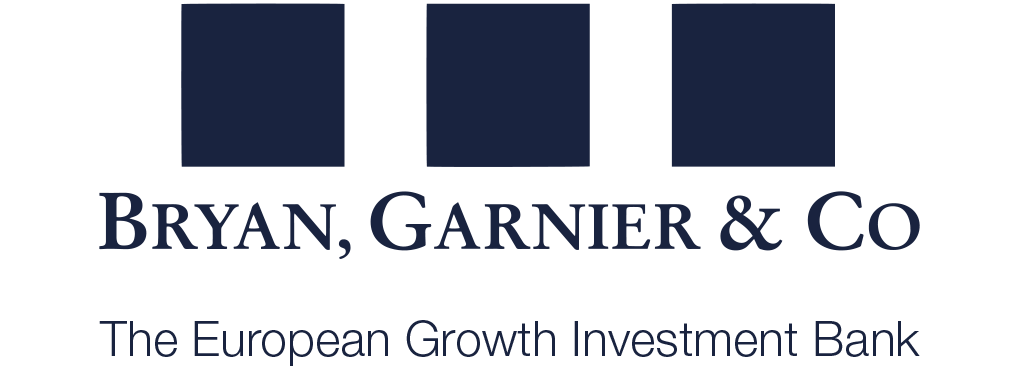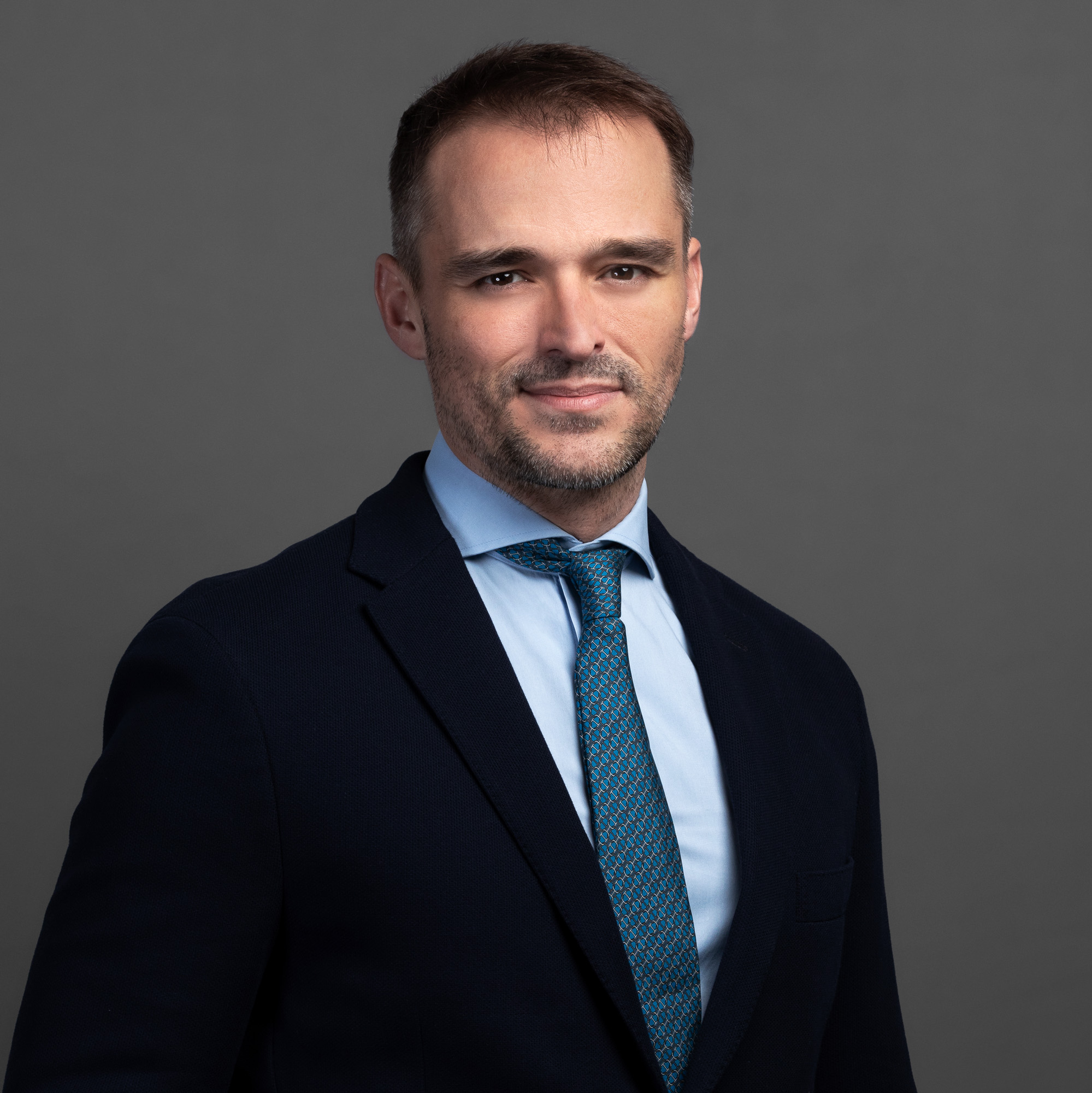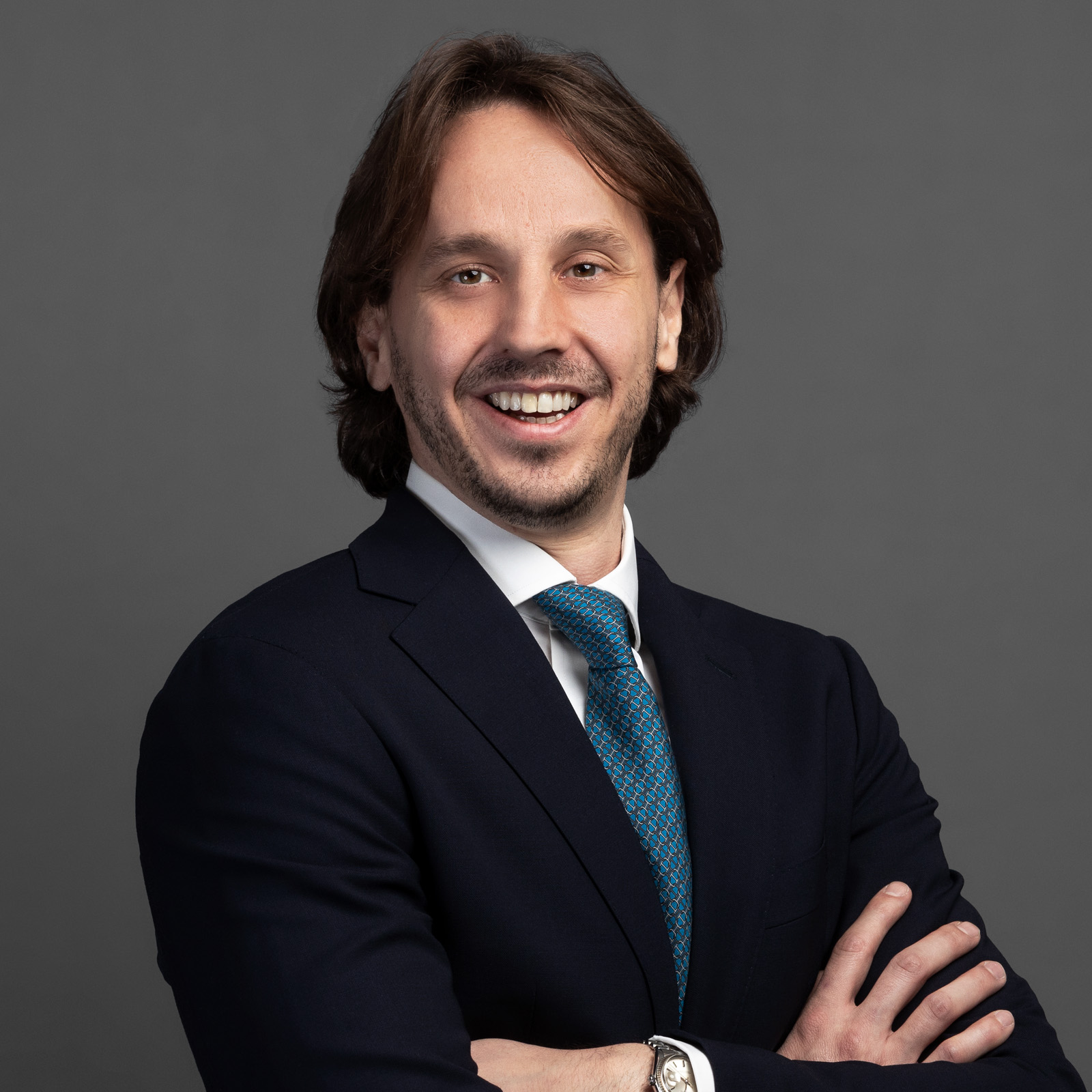We sat down with David Laroque and Pierre Leroy, Managing Directors and Co-Heads of Secondaries at Bryan Garnier, to learn more about secondary markets, NotSoLiquid, and joining forces with Bryan Garnier earlier this year.
Can you introduce yourselves and your backgrounds?
David: I began in private equity at Apax Partners, then moved to a family office. After completing my MBA in 2017, I became an entrepreneur, co-founding the boutique investment bank Leuwen. I left in 2021 to start NotSoLiquid, a dedicated venture secondary boutique which Bryan Garnier acquired in April 2024.
Pierre: I started as an M&A banker in 2016 at Rochefort, then moved to BNP Paribas across Brussels, Paris, and London. I developed the secondaries practice at The Family, which eventually led to the creation of NotSoLiquid with David in 2021.
What are your specialities?
David: I am a generalist within tech, but my strengths lie in SaaS businesses, software, fintech, digitalised distribution, marketplaces, and platforms. I’m also well-connected in the European VC ecosystem and understand how to execute secondary market transactions where the underlying assets are venture and growth stage companies.
Pierre: I specialise in tech, with a strong focus on B2B software companies, fintech, and NextGen Consumer.
What have been some of the most memorable deals you have worked on?
David: Our first major deal at NotSoLiquid was with Revolut in 2021. It was a proof of concept, kickstarting the business and setting a standard for European venture secondary deals. It was exciting as we were paving the way and developing our internal workflows. It marked a significant milestone for us!
Pierre: Revolut was indeed our first big deal, and in the meantime we’ve had the chance to work on many more exciting growth-stage names like Stripe, Back Market, Algolia, Ledger, and many more.
What are the highlights of your career so far?
David: Combining finance with entrepreneurship has been a highlight. At the family office, I created a venture investment department, which was an entrepreneurial endeavour. I also co-founded two companies: one focused on tech investment banking and the other on niche financial services.
Pierre: I have three main highlights: leaving investment banking for VC in 2019, creating NotSoLiquid with David, and joining Bryan Garnier.
Why did you decide to join Bryan Garnier?
David: Joining Bryan Garnier allows us to expand our ambitions while retaining an entrepreneurial spirit. We see clear synergies, especially in expanding the secondaries practice across industry verticals. Our expertise in secondaries complements other product teams, particularly PCM, where we foresee a wealth of incoming hybrid financing (primary plus secondary) and company-led tender opportunities. The partnership also significantly broadens our investor reach and credibility, allowing us to operate confidently in all major regulated markets.
Pierre: Bryan Garnier’s extensive network and capabilities will help us better address the growing secondary market in Europe. Their expertise in private placements and equity research aligns with our needs, while the secondary market is quickly becoming an attractive space for their clients.
What are your ambitions with joining Bryan Garnier?
David: Our goal is to integrate and expand the secondary market vertical within Bryan Garnier, making it a core component of their value proposition. We plan to grow our team, extend our geographical reach, and diversify into new sectors, positioning Bryan Garnier as the leader in European venture secondaries.
Pierre: This partnership means managing the secondary presence more effectively and handling larger deals. Our shared focus on stock syndication and investor coverage will enhance our ability to manage secondary transactions.
Where do you see the secondary market going in 2024 and moving forward?
David: 2024 has proven to be a pivotal year for the secondary markets. After a static 2023, we’ve seen significant increase in transactions as companies adapt to the new market conditions. There is a strong need for exits, with billions in European venture and growth assets changing hands as a result. As broader markets show signs of recovery, secondary investors will be even more enticed to deploy capital.
Pierre: The secondary market is expected to grow with an influx of new buyers (as the opportunity set becomes more attractive) and sellers (as timelines to exit increase). A key factor will be whether bid-ask spreads narrow so that transactions can be facilitated. As interest rates decrease, equity investment will increase, creating a more balanced market somewhere in between our current state and the highs of 2021, becoming much more reasonable for deal activity.


